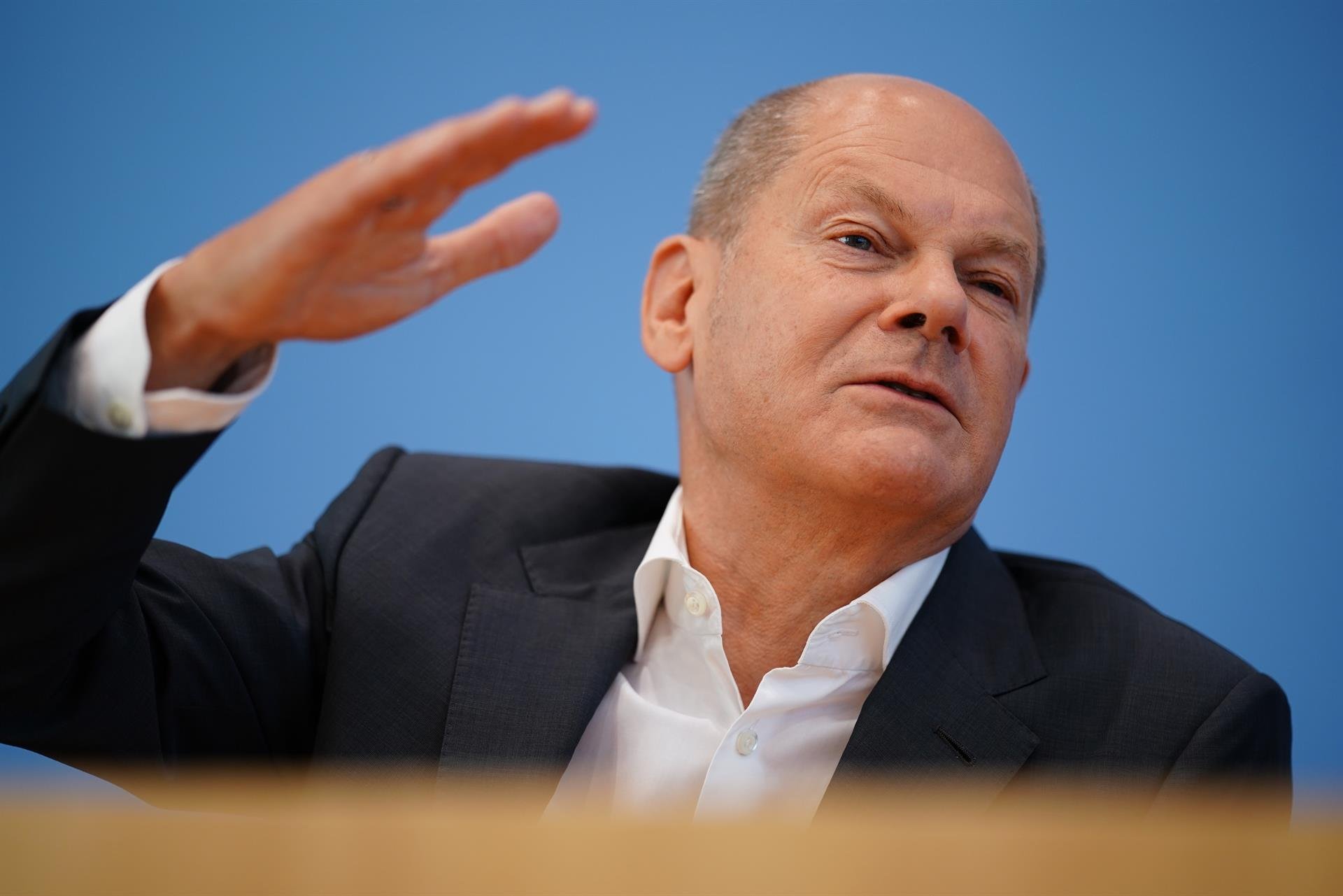The German chancellor, Olaf Scholz, has urged the completion of the abandoned Midcat gas pipeline, which brings natural gas from North Africa northward but currently ends at the Catalan town of Hostalric, in order to supply Germany and thus make an "enormous contribution" to reducing European dependence on Russian gas. Scholz expressed regret that the connection from Catalonia to France has not been made because, if it had been built, "Europe would not be in the shortage situation in which we are now". In his first press conference of the summer as chancellor, an event which his predecessor, Angela Merkel, made into a habit, Scholz reclaimed the need for this project as part of a common strategy and regretted that Germany and many other countries of the Union rely on Russia as their only supplier.
Scholz acknowledged that he has done "a lot of campaigning for us to take on this project" with Spain, Portugal and France, as well as with the president of the European Commission, Ursula von der Leyen. The MidCat project to build a gas pipeline from Spain to the south of France through Catalonia, started in 2010, was stopped in 2019 near Hostalric because at the time it was considered uneconomic, and also because of the cheaper natural gas available from Russia. The Spanish Markets and Competition Commission, together with its French counterpart, issued an opinion rejecting the project, partly also due to the lack of interest from Paris. But with Russia's invasion of Ukraine, the pipeline could help make Europe less dependent on Russian gas, the Germans believe. There remains a 226-kilometre stretch to build from Hostalric to Barbairan, near Carcassonne, in Occitanie (France), where the European link could be made. It is estimated that the time required for construction would be at least two years, and the Spanish government wants the EU to finance the works.
There are currently only two small gas pipelines connecting Spain to the rest of Europe, with a combined capacity of 8 billion cubic metres per year. By comparison, Nord Stream 2, which was stopped due to the war, has a capacity of about 55 billion cubic metres. "In first year economics, you learn that no import and export strategy can be successful if you put all your eggs in the same basket, but it seems that the lesson is forgotten when you get to management" , said Scholz, in criticizing the dependence on Russian gas. Germany hopes that the connection with Spain will also extend to Portugal.
The Midcat is in practice an extension of the Medgaz gas pipeline, which connects the Algerian coast with Almeria in southern Spain and then runs northward along the Mediterranean coast.
Germany's gas reservoirs have reached 75% of capacity these days, according to the latest data from the Federal Network Agency, the level that according to the goals of the Scholz government should have been reached on September 1st.

